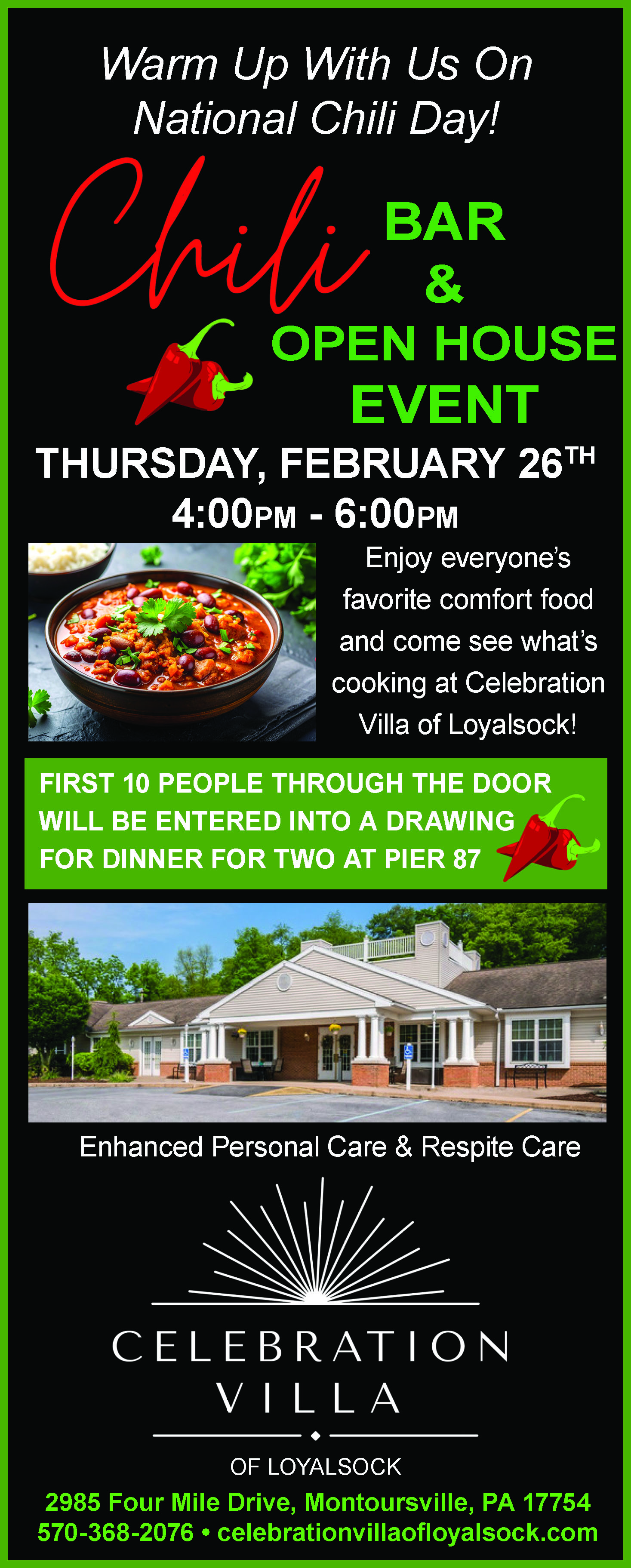Everyone has a different plan in mind for how they wish to live their life as they age. It’s important to consider your general health, mobility, mental capabilities, and specific activities you may need help with as you grow older, as well as your family’s support. It also is important to consider your interests, social life, and other factors that will be impacted by where and how you want to live.
Senior Living Options
It’s easy to feel overwhelmed when you’re trying to figure out the best living arrangements as you age. A proactive move can help you stay in control, enjoy each day, and avert a medical crisis.
Whether you’re looking for yourself or a loved one, many options are available to help older adults live life to the fullest and stay well.
Remaining at Home – The vast majority of older adults remain in their homes, whether they’re living alone or with family. Family members generally provide help with everyday activities like bathing, cooking, or driving. Some families opt to hire in-home caregivers or nursing professionals on a part-time basis. If an older adult chooses to remain at home, family members need to be aware of caregiver burnout and bring in additional resources to help support everyone involved.
Independent Living – Many active older adults who no longer want to deal with the hassles of home ownership and maintenance choose to move to an independent living facility. In this case, transitioning to senior living is more like moving to a new house without the worry or upkeep. Independent living facilities (often called patio homes, retirement villages, or retirement communities) offer opportunities to socialize and interact with others.
Personal Care – In a personal care home, residents are independently mobile and receive limited assistance with daily routines and activities. The services each home offers vary, but in general, they provide shelter, meals, general assistance with hygiene, housekeeping, transportation, and medication monitoring.
Assisted Living – Assisted living offers a range of support designed to help residents age in place with services spanning from personal care to limited skilled nursing care. Assisted living is for older adults who want the freedom and independence of apartment living, but may need a little extra help with daily activities.
Skilled Nursing Care – Skilled nursing is usually the best choice for seniors who need 24-hour care. The staff is trained to address the physical, psychological, and social needs of seniors. This team of professionals may include geriatricians (doctors who specialize in caring for older adults), nurse practitioners, nurses, physical therapists, and social workers. Short-term rehab also falls under the umbrella of skilled nursing care. Older people who have had a hip or knee replacement often do physical and occupational therapy in a skilled nursing care center before returning home.
Plan Ahead for Long-Term Care
Transitioning to senior living presents a variety of challenges and benefits. One of the most important things you can do is plan ahead so you don’t have to make a hurried decision during a crisis. Planning for your future can ease the move to a senior living facility.
Have conversations with your older loved ones about their preferences, tour facilities, check into quality resources available through nursing homes, compare websites, and ask lots of questions before committing.
UPMC Senior Communities in the Susquehanna region offers a wide array of options to help individuals maintain independence while still receiving quality care each day. With locations in Coudersport, Lock Haven, Muncy, and Wellsboro, UPMC’s Senior Communities are designed to help you stay well and meet the challenges that older adults sometimes face. For more information on UPMC Senior Communities, call 1-800-488-4268.
Choosing the Right Care as You Age
By Anne E. Holladay, CNHA, MHA, FACHCA
Vice President for Operations, UPMC Senior Communities




Leave a Comment
Your email address will not be published. Required fields are marked with *